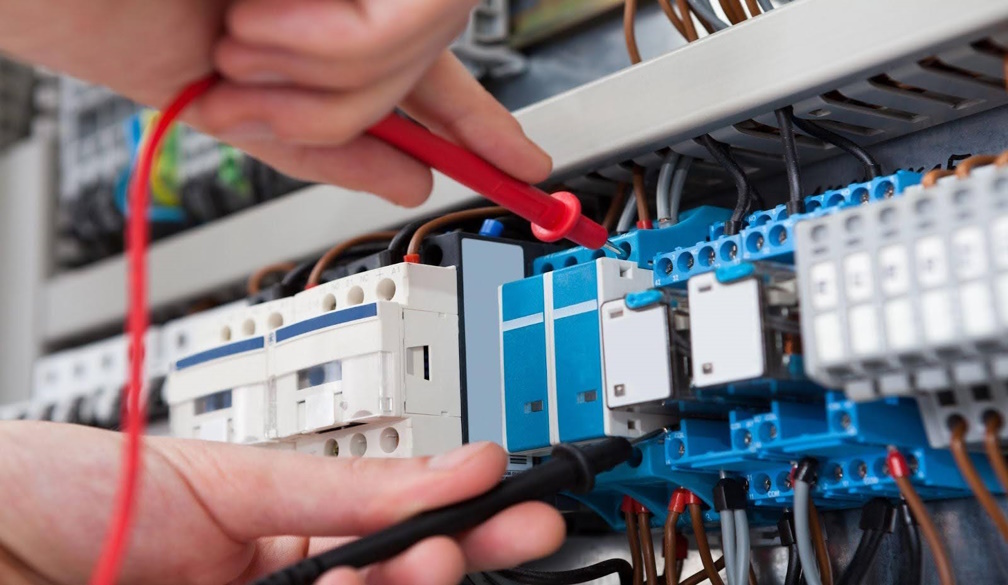Essential Reasons for Regular Electrical Maintenance in Australian Homes
- Written by Auzzi Shopping

In the modern Australian home, the electrical system's role constitutes an intricate network that powers everything – from kitchen appliances to home office setups and entertainment devices. The increasing digital transformation and innovative technologies make these systems even more critical. However, these integral systems are vulnerable to wear and tear, often leading to issues that regular maintenance could have prevented. Homeowners in Australia frequently face electrical problems such as circuit breaker trips, faulty wiring, and inconsistent lighting. These issues, if neglected, can lead to steep repair costs, frustration and even dangerous hazards. Implementing a comprehensive preventive electrical maintenance schedule can keep a household running safely and efficiently.
Enhancing Safety and Preventing Hazards
Electrical safety in every Australian home is a critical necessity. Hazards such as electrical fires and electric shocks can occur due to faulty wiring, overloaded circuits or old, faulty appliances. These are severe threats that can cause devastating damage and even loss of life. Compliance with electrical safety codes such as the Australian/New Zealand Standard 3000, colloquially known as the 'Wiring Rules,' ensures these potential dangers are mitigated. Regularly scheduled inspections act as an early warning system, detecting decreases in electrical system performance, identifying potential problem areas, and allowing pre-emptive corrective action. This proactive approach to electrical system maintenance reduces the risk of accidents, safeguards property and inhabitants, and ensures adequate system functionality over the long term.
Boosting Energy Efficiency and Reducing Costs
A direct correlation exists between a well-maintained electrical system and enhanced energy efficiency. Regular maintenance guarantees that all interactions within the system, be it between different wiring circuits or various electrical appliances, are seamless and optimal, preventing excess energy consumption—a key benefit of professional residential electrician services. The use of energy-efficient appliances, which conform to the Australian government's Minimum Energy Performance Standards, yields long-term cost savings in electricity bills. Regular preventive maintenance identifies and eliminates unnecessary power wastage, optimising performance and efficiency. In keeping all aspects of an Australian home's electrical system optimally functioning, one embraces not only a functional need but a fiduciary responsibility, too.
Prolonging the Lifespan of Electrical Appliances
The negative impact of neglecting regular maintenance will surface in the premature failure of electrical appliances. Over time, low maintenance will degrade the performance of these appliances, hastening the end of their operational life and increasing the frequency and costs of replacements. Ensuring regular servicing not only keeps appliances running efficiently but it also retains their warranties – a vital point, as many manufacturers stipulate regular maintenance as a condition for their warranties. While maintenance specifics will vary amongst the many home appliances, the general rule of thumb includes regular cleaning, adequate ventilation, and timely inspections to detect signs of wear and tear. By merely maintaining appliances, homeowners have much to gain. They'll enjoy prolonged appliance life, reduced replacement costs and lower electricity bills due to increased power efficiency.
Compliance with Australian Standards and Regulations
Regulatory compliance is an essential aspect of electrical maintenance. Statutes and regulations govern Australian homes' electrical systems at the state and federal levels. Ensuring these systems adhere to rules like the Australian Building Codes Board's National Construction Code is vital to avoid potential fines and penalties. Regular preventive maintenance will help homeowners avoid compliance issues by promptly identifying and rectifying any irregularities. Engaging the services of certified professionals, such as reliable electricians in Hornsby, ensures that all inspections, repairs, and upgrades meet the necessary standards. These experts deeply understand local regulations and best practices, guaranteeing adherence to stringent safety requirements. Acquiring regular electrical inspections and certifications from professionals not only safeguards the household from potential legal issues but also elevates the home's safety and efficiency standards.
Contributing to Sustainable Living Practices
In the larger context of environmental sustainability, regular electrical maintenance plays a critical role. Promoting energy efficiency through comprehensive maintenance can significantly reduce the household's carbon footprint, thereby supporting sustainable living practices. Furthermore, well-maintained electrical systems are more conducive to integrating renewable energy sources, like solar panels. As Australia's renewable energy sector grows rapidly, regular household electrical maintenance forms the foundation for adopting cleaner, renewable power sources, supporting country-wide energy sustainability goals.
Conclusion
To sum up, Australian homeowners cannot overlook the significance of regular electrical maintenance. From enhancing safety, boosting energy efficiency, and prolonging appliance lifespan to ensuring compliance with Australian standards, the benefits are multi-faceted. An investment in regular maintenance is an investment in a safer, more efficient, more reliable, and more sustainable living environment. With the increasing sophistication and criticality of electrical systems in our homes, homeowners should arrange regular check-ups with certified electricians to maximise these benefits. Moreover, embracing proactive maintenance practices can lead to a more economical and environmentally responsible lifestyle, heralding a new era of responsible homeownership in Australia.

